Urban, Rural Dichotomy Of Votes
- Par Godlove BAINKONG
- 24 Oct 2018 10:29
- 0 Likes
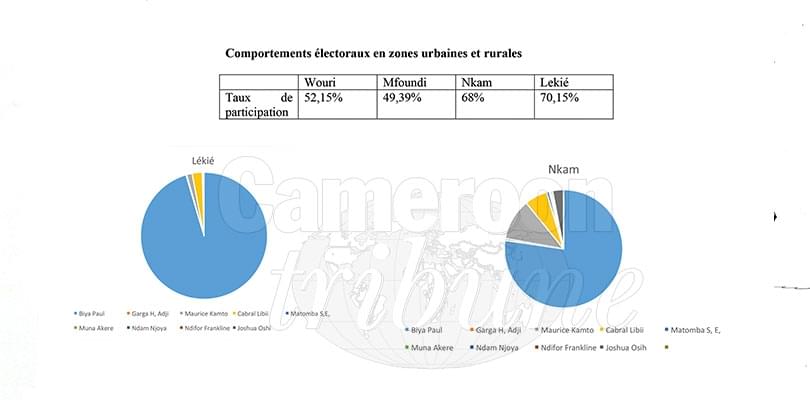
Statistics tell of somewhat faithfulness in rural areas while urban areas, by virtue of their diversity, have the tendency of swinging votes depending on the candidate.
October 7, 2018 Presidential election will in the days ahead be history once Paul Biya takes the oath of office for another seven years. As the euphoria over the heated poll dwindles, it would be obvious to analyse the operation that gave the winner the enviable place in the sun and leaves losers gnashing their teeth in regret of failing to create history. Statistics emanating from the different polling stations across the country tell of a culture of voting which has over the years been determinant.
Rural areas have almost always remained faithful to one or two candidates of their choices. It is easy to say that this or that locality is the bastion of this or that candidate and results obtained therein validate the hypothesis at the end of the voting process. Here, once the people have a party or candidate at heart, what they simply need to hear during preelectoral campaign is on how they should vote.
The colour and characteristics of their candidate’s ballot paper and the deal is done. The understanding is that in rural areas, the people are almost unique, sharing a lot in common like culture, language et al. Their votes are ethnic depending on the candidate or are guided by the calibre of elite and the direction he gives them. A people-oriented elite easily carries a whole community to vote the candidate of his choice given that they all want to consolidate achievements and stay on.
Meanwhile, in urban settings, competition for votes is rife and can be won on very minute details sometimes at the last minute. Urban areas with their melting pot configuration makes competition rife. Diverse people from diverse back grounds inhabit u...
Cet article complet est réservé aux abonnés
Déjà abonné ? Identifiez-vous >
Accédez en illimité à Cameroon Tribune Digital à partir de 26250 FCFA
Je M'abonne1 minute suffit pour vous abonner à Cameroon Tribune Digital !
- Votre numéro spécial cameroon-tribune en version numérique
- Des encarts
- Des appels d'offres exclusives
- D'avant-première (accès 24h avant la publication)
- Des éditions consultables sur tous supports (smartphone, tablettes, PC)






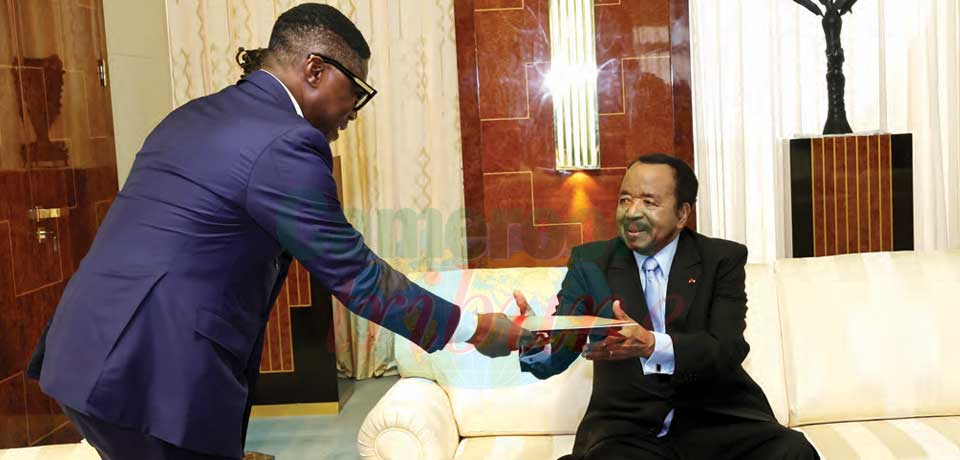
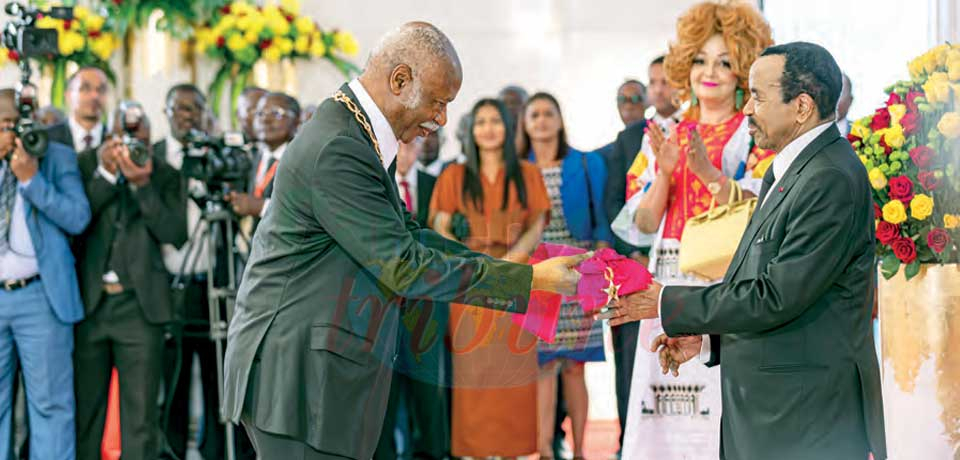
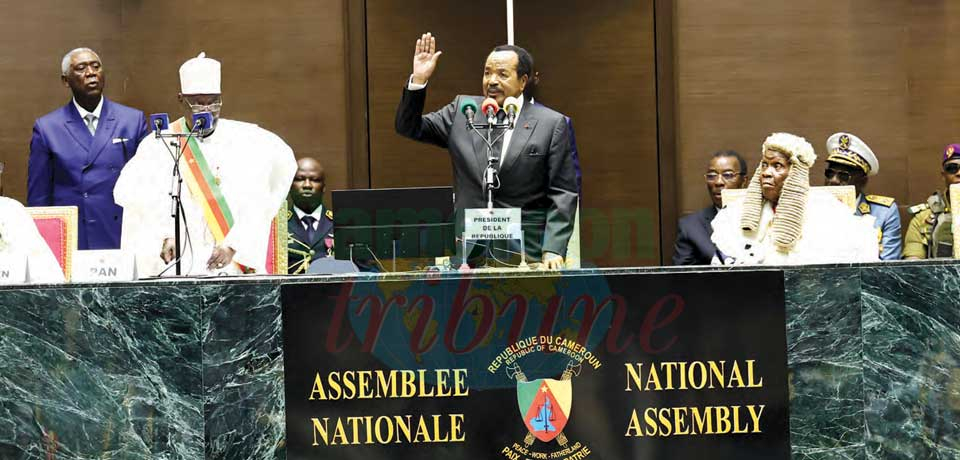
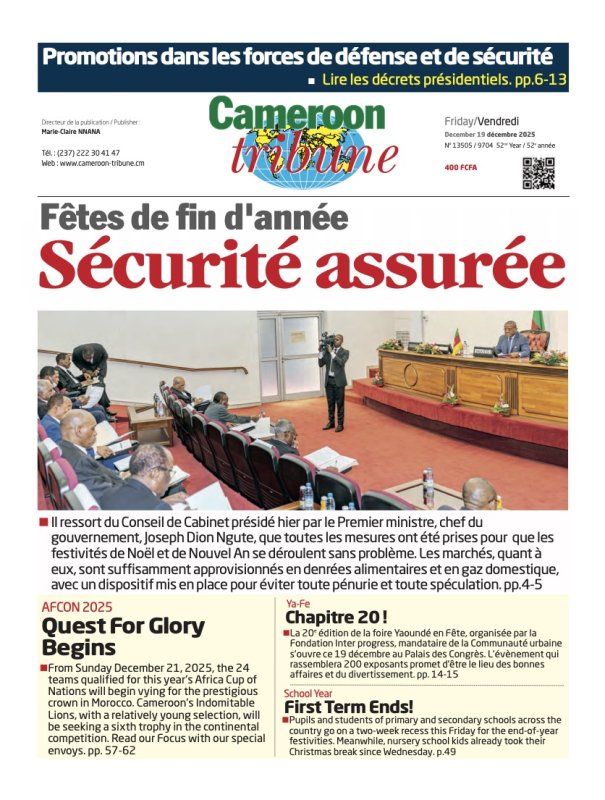




Commentaires